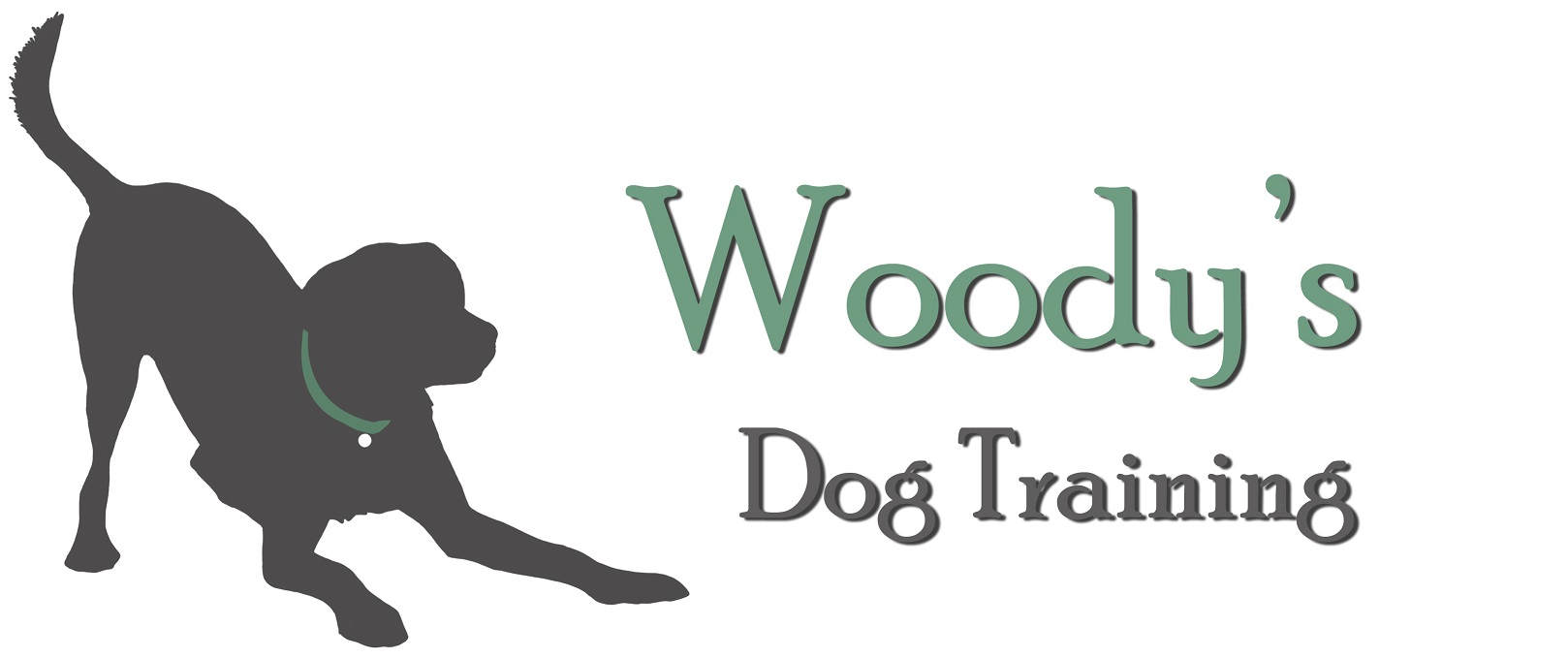
Yes. Exercise is good. We all need it to be healthy in the body and happy in the mind – dogs especially. But too much of it tips the balance and can easily turn what is supposed to be a good thing into something far less beneficial.
A tired dog is a good dog, as the old saying goes. This depends on what you define as tired, or good, for that matter. We have a habit of putting all the emphasis on physical exercise to ‘tire’ our dogs out, with the best intention of promoting calm and relaxation. Except that too much exercise can have the opposite effect.
Take for example regular use of those ball-throwers. Yes, the dogs seem to enjoy relentlessly chasing and retrieving; so much so that they can then end up doing very little else.
What about sniffing, exploring, playing and socialising? These activities are hugely important to our dogs development and overall wellbeing. If a dog is in the habit of continually doing high-intensity exercise, they skip these crucial behaviours and instead become obsessive over the ball.
Throwing the ball only increases stress-levels and excitement, so if you have an excitable dog, a reactive dog or a dog that struggles to settle, wearing them out by running them ragged only exacerbates the problem.
After a typical walk involving too much chasing, these dogs are not happily tired – they are wired. Their system is full of adrenaline and cortisol which doesn’t dissipate for days. They are panting and thirsty. They can become restless and unfocussed. They find it hard to relax. It is counter-productive.
Not to mention the physical stress that chasing a ball puts on the dogs body. Chances are that proper muscular conditioning and a thorough warm-up has not been done before the dog rapidly accelerates after a ball, turns sharply, brakes hard and sometimes does a flying catch. I have even seen dogs crash into trees as a result of being so focussed on the ball they are chasing. The risk of injury is high.
Overall it is physically dangerous for dogs to twist and turn, accelerate and decelerate repeatedly after a ball. It can be a hugely detrimental activity, particularly during warm weather and especially if the dog has underlying physical pain and limitations such as arthritis, old injuries or even creeping old age.
One thing I know for sure is that the use of ball-throwers can cause both acute injuries and chronic pain to dogs later in life. My advice would be to leave well alone. Your dog doesn’t need to cover great distances at speed for them to be fulfilled.
If you have a young dog prevention is always better than cure. Simply don’t even start with a ball-thrower – you don’t want to turn them into an adrenaline junky! Skeletally immature puppies shouldn’t chase after balls or do excessive physical exercise full-stop. They need age-appropriate, low impact activities, short walks, balanced play and lots of sleep!
So what can you do instead? If your dog is already a ball-fiend, slowly break the habit. Add some more variety to your walks. Forget about our human A-to-B rush-rush mind-set. Slow down and take your time.
If you want a calm relaxed dog, do calm, relaxing activities. Use their food for entertainment and training instead of just putting it in a bowl. Utilise their nose and mind as well as their body. The balance will soon become apparent.
You can read more about the physical development of puppies here.
Please speak to your vet if you have any questions regarding suitable physical exercise for your puppy or dog.
Further reading:
What’s all the fuss about fetch?
To learn more about the importance of sniffing please click here
If you need help with ball-weaning, overexcitement, focus, obedience, puppy socialisation and appropriate play, training games, interactive feeding or any other dog-related topics, please don’t hesitate to get in touch. Thank you for reading!
